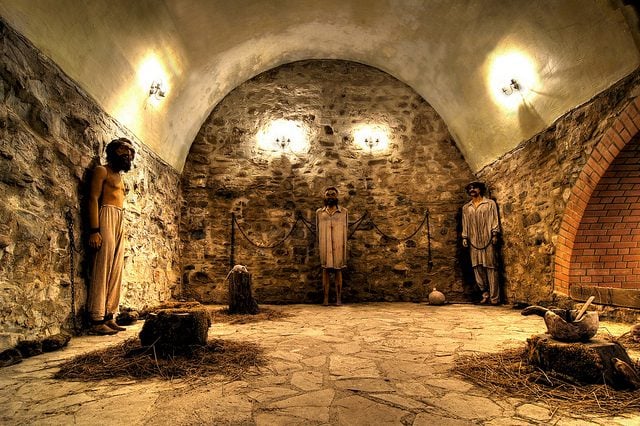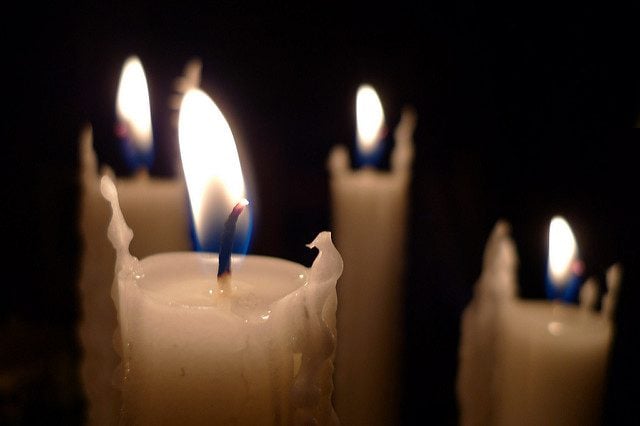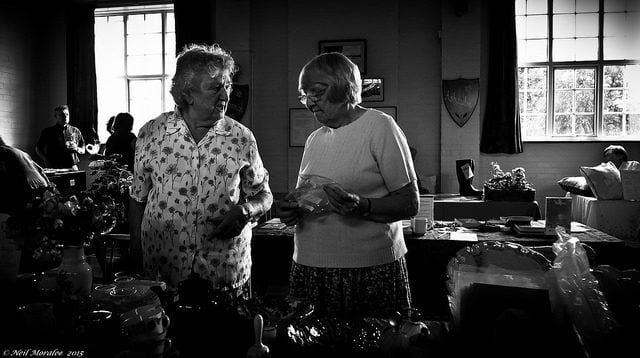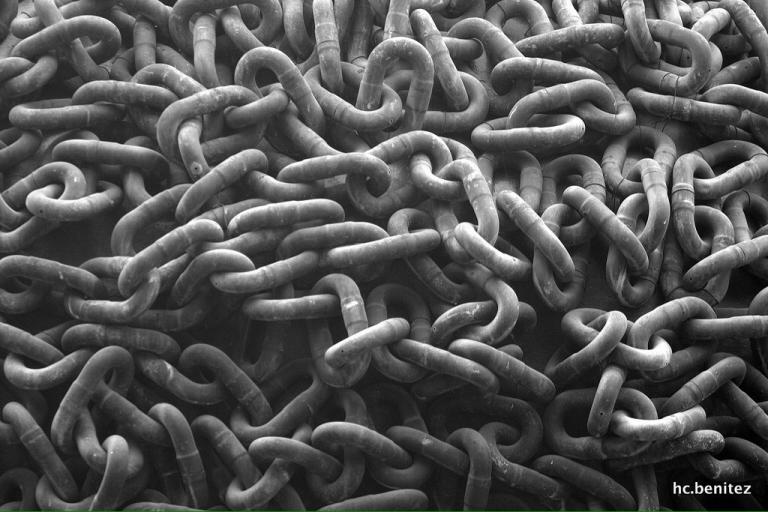Go see Noah.
As a priest and a person of faith, this is my message to everyone who asks me about this film. Go see it — today — because Noah is exactly what a film about the Bible should be.
It is a deeply theological work that raises more questions than it answers.
In that sense, it is one of the best biblical films ever made, precisely because it resists answers and seeks to raise questions about the Flood, about God, about humanity, and even about Noah, who is both protagonist and antagonist in the film.
No small amount of far-right evangelicals have decried the film, but what’s interesting is that the film is steeped both in Scripture and in tradition. The film’s writers, Darren Aronofsky and Ari Handel, mined not only the Genesis account, but other Jewish texts and thousands of years of midrash about the Flood.
In this sense, Noah is more than a simple biblical adaptation. It is a faithful adaptation. It is full of faith, and it is faithful to the original story and its tradition and legacy. Many films are biblical, in the literal way. But Noah accomplishes something remarkable and rare in a film based on a story from the Bible. It is faithful to what the text is trying to say, to its themes, and to what questions the text raises about God and humanity.
And, most importantly, it doesn’t really answer them. It wrestles with them. It doesn’t wrap them up in a tidy bow like much of religion wants. The film functions more along the lines of faith: asking questions and living in them.
With a carefully prepared discussion guide, Noah would make an amazing film to watch and discuss as a parish. It hits on the major questions and themes we still wrestle with today: the silence of God, the cycle of violence, mercy versus punishment, family dynamics, hope and hopelessness.
Last week, I had the chance to speak with one of the film’s writers, Ari Handel. It was a revealing and profound conversation as we discussed the film, its message, the some of the controversy surrounding it. Take the time to read through to the end, because Handel really does offer some profound insights.
One of the things that leapt out at me as I was watching was just how fantastic and imaginative and bold the world you created for Noah was but also how faithful it was not just to the biblical text but to midrashic tradition and all the other things that have been written about it. How hard was it for you as a writer to balance those two demands of the actual biblical text but also the need to be imaginative and creative to bring this thing to life?
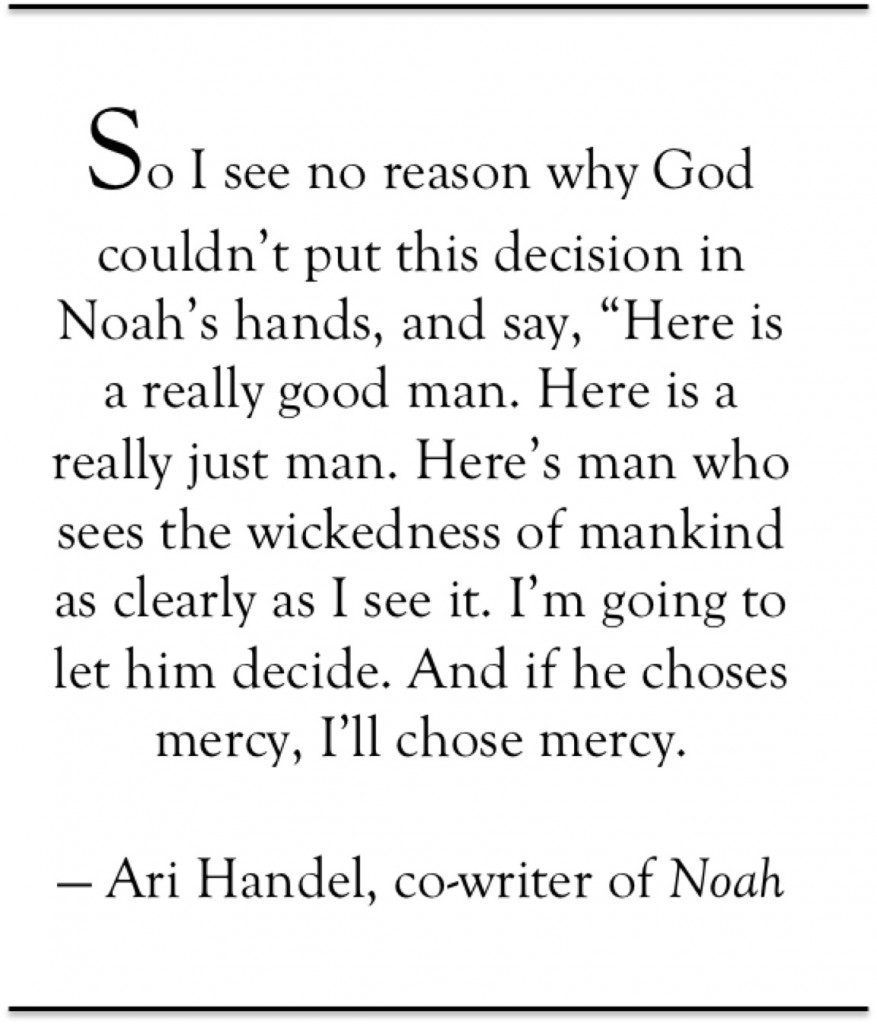
Ari Handel: I think we thought it was going to be hard, but then we discovered that it was easier than we thought because it turns out as you look at the midrashic texts and even when you do a close look at Genesis, the antediluvian world in Genesis is magical and fantastic. It’s funny because we don’t have that idea in our heads. We have the idea in our head that it’s set in Mesopotamia or ancient Judea but it’s not. It’s a really strange world. There are no rainbows. The sky and light are different in some way. People are living hundreds and thousands of years. There are sea monsters and giant monsters of the deep that are no more. Eden is located at a position that you could walk to across the world becuase there’s an angel with a flaming sword that won’t let you into it. These things sound more like Middle Earth than the hills of Judea.
So the imagination part of it is faithful to the text? Like you approached it as what it is, an ancient mythological story rather than some kind of ancient history that we dusted off with the Dead Sea Scrolls?
AH: And we wanted to make people feel that. It was more fantastical and Sci-Fi. And those other things we did was to make people go, “Okay this was another world, a different world that was destroyed before our world.”
So you didn’t find the text at all limiting for you. Were there places that you wanted to take the story that you couldn’t because you felt limited by the text?
AH: No, I mean, sometimes we had to squeeze ourselves into some boxes.We had to have twins because we needed to have three wives and it was okay because Genesis has a lot of twins in it so it’s not unusual to have twins.
Even the parts that were not directly in the Noah story you can find resonances and themes throughout the Hebrew Scriptures. I loved the way you wove in not just the Noah story but themes that you find throughout the Hebrew Scriptures.
AH: Wherever possible it was our aim not to contradict Genesis explicitly and our secondary aim that wherever possible draw off of midrash, exegesis and extrabiblical texts to try and pull, because we had to create a world — but also we were taking advantage of the centuries of thinking that has gone into the story by others and bring that stuff in because it makes everything richer.
Given how faithful you guys were to the text and the tradition have you been surprised by the kind of pushback you got, particularly for evangelical Christians.
AH: I was not surprised that people would say, “Hey, wait a second.” Because sometimes unless you think about it carefully, it may seem we are contradicting something. I would hold that we’re not. But that may not be obvious. What surprised me, I think, sometimes was the vitriol of that. That people felt like we were being disrespectful, or antagonistic, or trying to mock, which is really not where we were coming from at all. Some of that has gone away as people have actually seen the film. For instance, people say, “God’s not even in the movie.” If you’ve seen the movie, to say God’s not in the movie, then we’re not even talking about the same thing.
It’s completely inaccurate to say that. One of the themes that seems really present to me in the film is the cycle of violence and how pervasive that is. One of the things I was surprised by was that Noah himself begins to participate in that in the film. I was wondering if that has something to do with him witnessing his father’s death? Does the cycle of violence kind of get inside him at that point or is that something you guys viewed as always present in his character?
AH: What does it mean that God looks into the hearts of man and says there is wickedness there and that it’s always there and it’s there from the beginning. What does it mean that even though all the people on earth except for eight who are wiped out, that the very next story is Babel? What does it mean that God sends the rainbow, and says, not that mankind is now good but to say, “I will no longer punish mankind with a flood to destroy them, even though they are wicked.”
What it means is something about original sin. We’re carrying some wickedness within us. A cycle of violence is part of that. A lot of people get upset that Ham walks away. And there’s not a reconciliation there. Ham walking away, Tubal Cain being on the boat, certain amounts of wickedness of one aspect or another — certainly of delusion or hubris or overly vengefulness — lies in Noah. That’s just different threads in which we see the continuation of the wicked impulse within us all, carried through.
It was really, really important to us that this was not a story about there’s good guys and bad guys, you kill the bad guys and we just have good guys and then everything is going to be okay. Because that’s not what the Bible says. The Bible says that we end up with Babel. And even the good guys got drunk. What I’m saying is that the story is about all of us as individuals, too. And once you say, “That’s about the bad guys and if I was there, I would have been on the boat because I’m good” then we’re letting ourselves off the hook. A lot of what the movie is about is we can’t let ourselves off the hook. We’re living with a second chance and we have to make sure we are being as responsible with our second chance as Noah has to be with his.
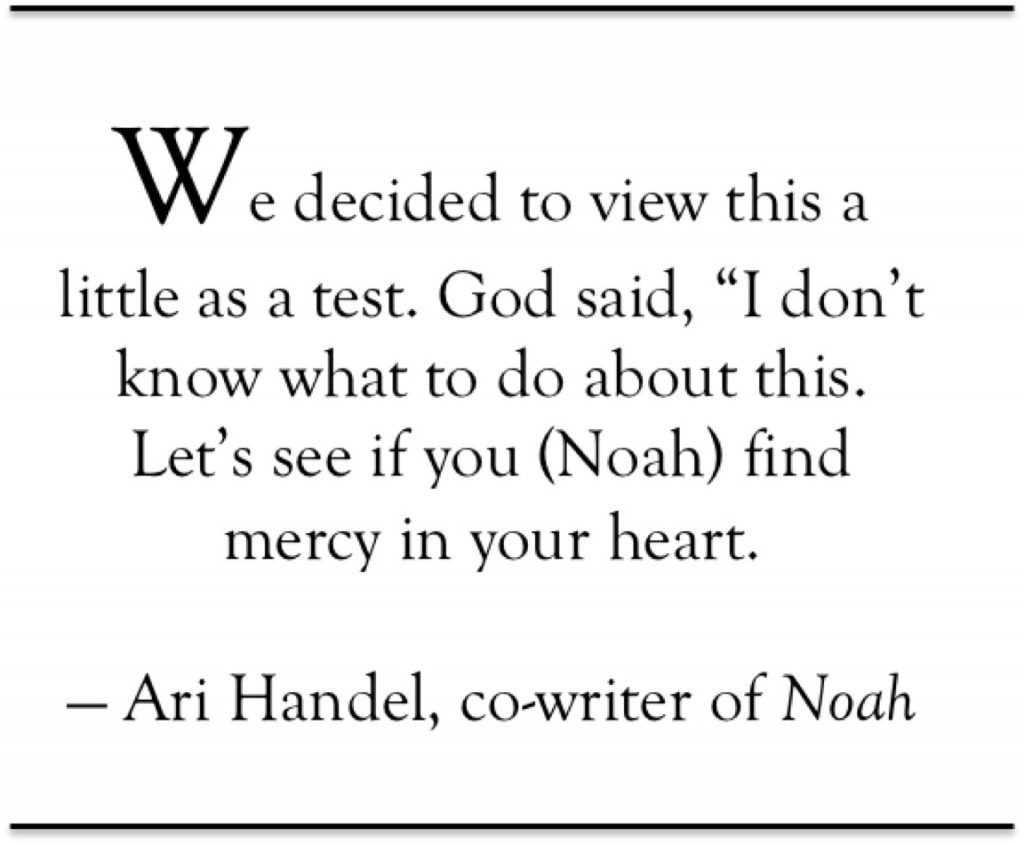 I love that you guys offer a really unflinching view of human wickedness and of our complicity in it. But this is something I can wrestle with in the text: Does God become complicit in that kind of cycle of violence by sending the Flood and causing that much destruction, and how do you deal with that?
I love that you guys offer a really unflinching view of human wickedness and of our complicity in it. But this is something I can wrestle with in the text: Does God become complicit in that kind of cycle of violence by sending the Flood and causing that much destruction, and how do you deal with that?
AH: To be totally clear we don’t feel like we have all the answers. We want to find a way to raise these question in a visceral way for people. So if you’re asking my opinion about that, it’s complicated. We decided to view this a little as a test. Like God said, “I don’t know what to do about this, let’s see if you find mercy in your heart.”
I’m so glad you said that. It leads right into my next question because you guys have talked about that movement from justice to mercy, from punishment to mercy. What I found really striking is there are threads of mercy throughout your film. The Watchers take mercy on humanity and are punished for it. When Ham has mercy on Nael and he is kind of punished for that. And then Noah at the very end chooses mercy with the twins. And the question that I appreciate you all leaving open-ended was whether that was defiance of God. I appreciate you not answering every question but leaving it out there because I think it is more faithful to the text that way.
AH: In the Abraham story, when God destroys Sodom, Abraham says, “Please God be merciful.” And God learns something from Abraham. So, — I’m tiptoeing — because I know that is some Christian communities it may be a heretical thing to say that God can learn something from man, but when I look at the Abraham story, I see that. So I see no reason why God couldn’t put this decision in Noah’s hands, and say, “Here is a really good man. Here is a really just man. Here’s man who sees the wickedness of mankind as clearly as I (God) see it. I’m going to let him decide. And if he choses mercy, I’ll chose mercy.” I’m not saying that’s the only interpretation, but that’s an interpretation that we can play with.
And you see that a lot in the Hebrew scriptures with God changing God’s mind, and if you look at the original language, it actually seems to mean something like repentance. There is that present in the Scriptures. I appreciate you guys tackling that straight-on and not having it in a tidy bow.
As a writer myself, some of the most beautiful lines in the film were when your characters talked about the silence or absence of God. Were those intentional things you guys were wrestling with in the text and the silence of God and what’s the significance of that for the struggle you create in the film.
AH: It’s a funny thing because in the film we wanted to God to feel incredibly present — all the time, everywhere. And yet we wanted to have some amount of distance between God and people, because of where we are now. It’s obscure sometimes now. And that seemed like an interesting way to go, to capture the ambiguity of the relationship and the challenge of that relationship. At first, you’ve got God and Adam together and they walk in the garden. They were very close. In some ways you can see Genesis as a slow retreat of God from the world, as a physical presence. So there’s a little bit of that there too. By the time you get Moses, you can’t walk with God. You can’t even look up the face of God. So God is behind a burning bush or within a column of smoke. So this notion of a retreat. As this antedilluvian world changed with the Flood into our world I think we also wanted to feel some kind of distant in the way that our world is.


